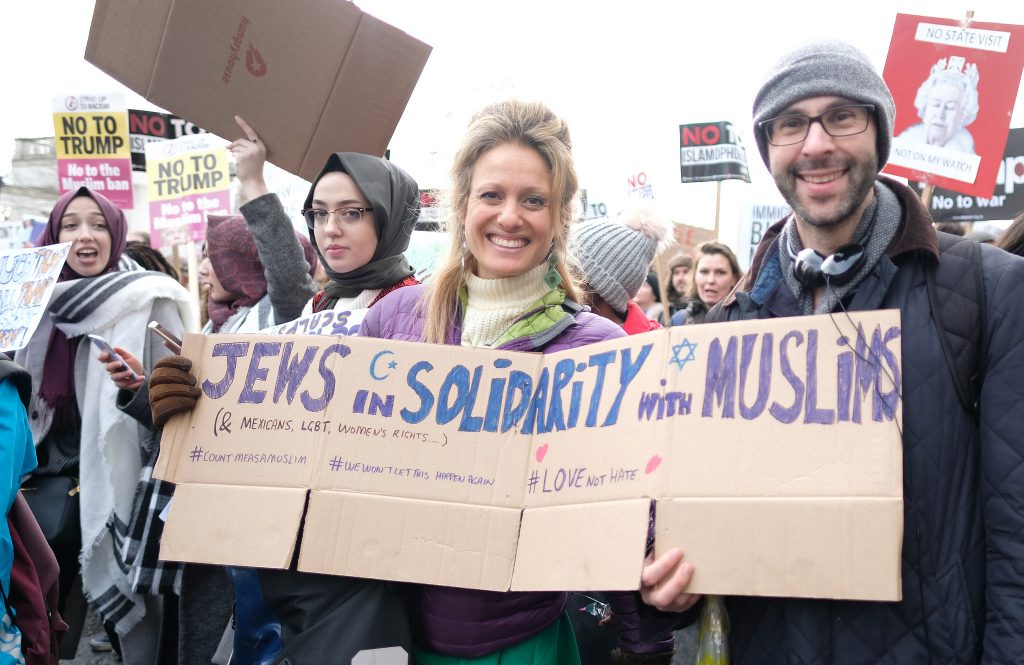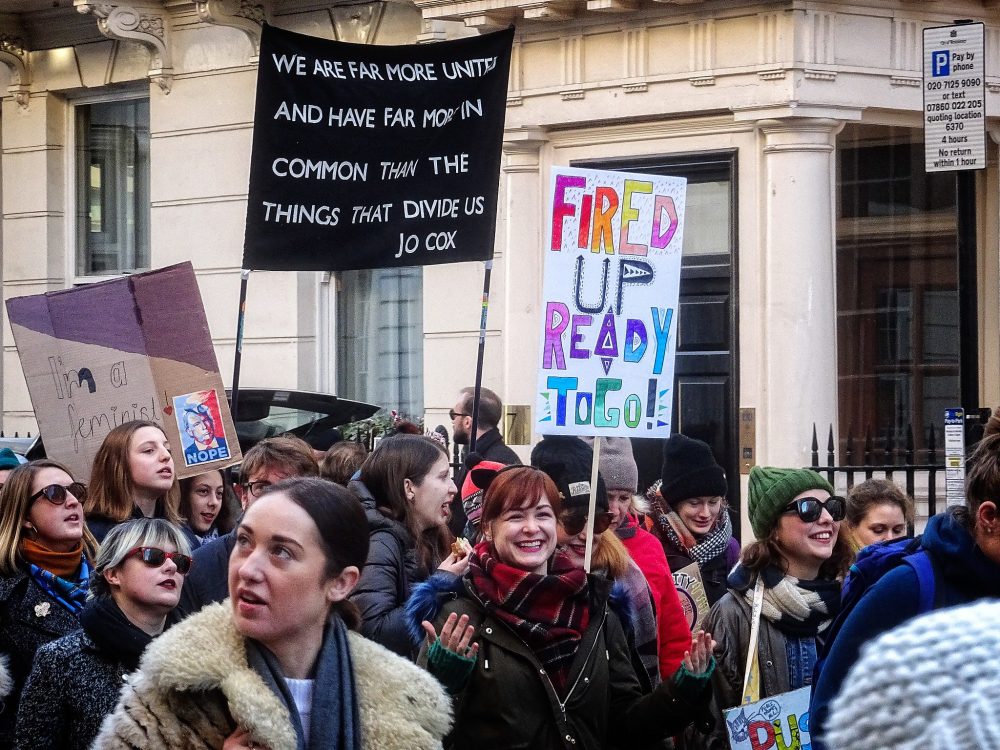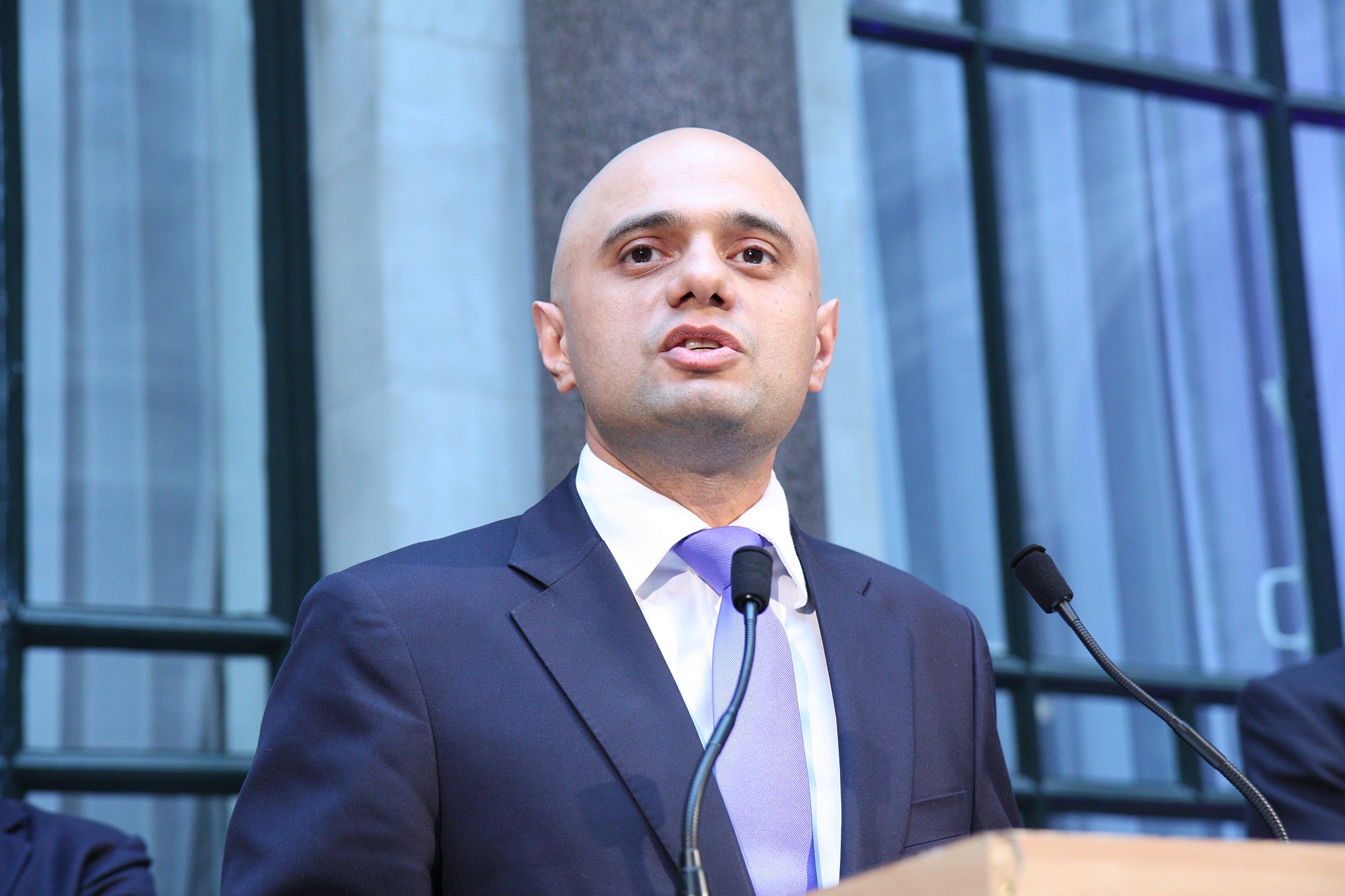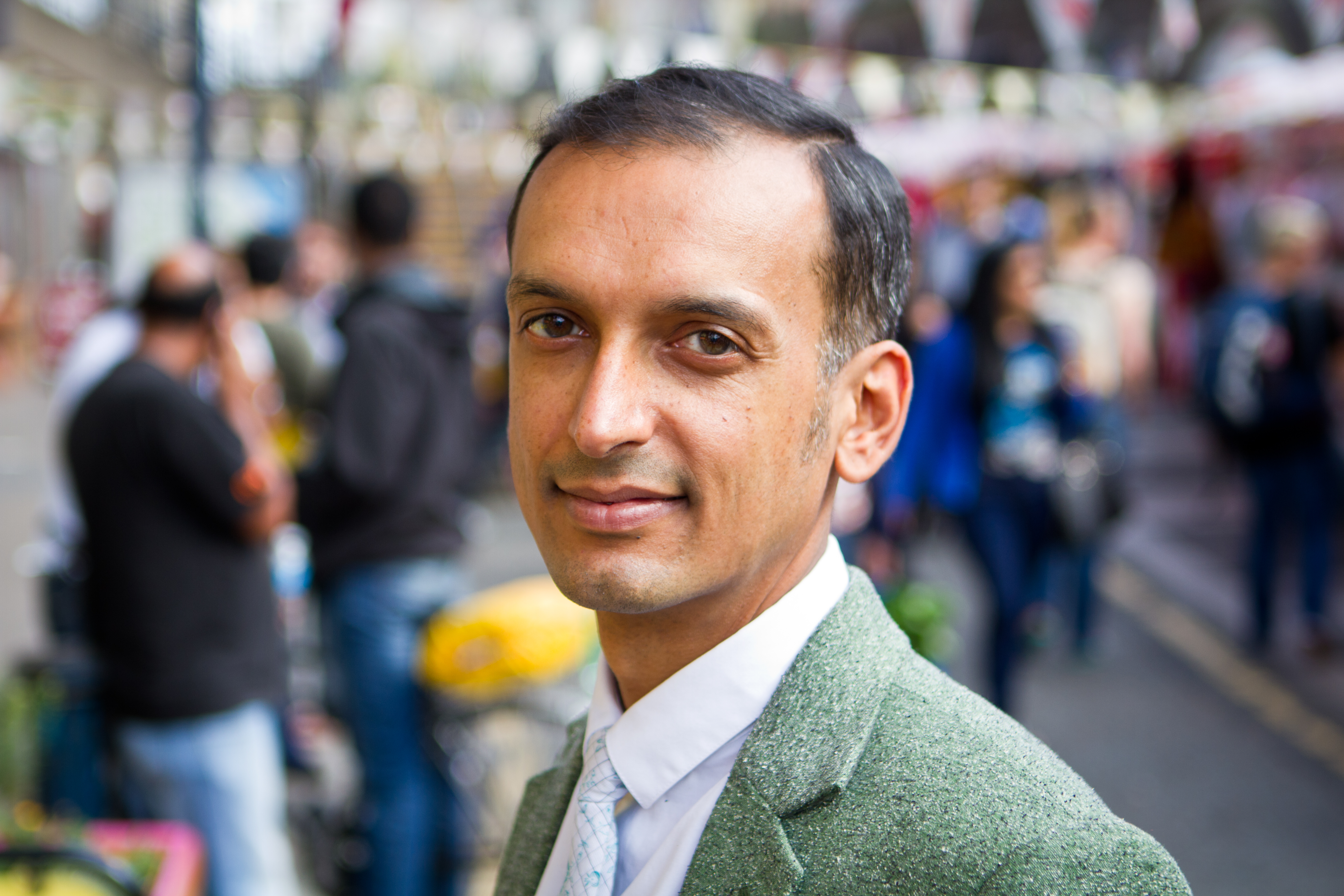A review by the Law Commission is considering whether hostility towards women, men, and the elderly should be treated as hate crimes, the government has announced.
Currently, hate crimes are defined as offences motivated by prejudice against a person’s disability, race, religion, sexual orientation or transgender identity. Hate crimes are aggravated offences, meaning they can carry a longer sentence than crimes not motivated by hate.
However, following a campaign by Labour MP Stella Creasy, the Law Commission began to examine whether prejudice against women should also be included in hate crime legislation. This would mean that an offender could potentially be in jail longer if their crime was found to be “motivated by misogyny.”
New Hate Crime Measures
Image: Sajid Javid/ Wikimedia Commons
During National Hate Crime Awareness Week 2018 (October 16 to October 20), the government announced an update to its Hate Crime Plan Action Plan.
The new measures include a Law Commission review into hate crime to make legislation more effective. It would consider whether misogyny, age and misandry (prejudice against men) should become additional protected characteristics. The government plan also involves the launch of a public awareness campaign about what hate crime is as well as support for religious institutions which are vulnerable to hate attacks.
Home Secretary Sajid Javid said: “Hate crime goes directly against the long-standing British values of unity, tolerance and mutual respect – and I am committed to stamping this sickening behaviour out.”
New Figures Show Major Rise in Hate Crimes
 Image: Alisdare Hickson/flickr.com
Image: Alisdare Hickson/flickr.com
The latest statistics show a major leap in religious hate crime directed at people in England and Wales.
Religious hate crime rose by 40 per cent, up from 5,949 last year to 8,336 this year, with 52 per cent of all offences aimed at Muslims.
Religious hate crime rose by 40 per cent, up from 5,949 last year to 8,336 this year, with 52 per cent of all offences aimed at Muslims.
The total number of hate incidents reached a record of 94,098 from April 2017 to March 2018 – a rise of 17 per cent from the previous year.
Over three-quarters of those reported incidents, a total of 71,251, were classified as “race hate.”
The month by month figures show a spike in race and religion related hate crime following terrorist attacks.
The figures, collated from 24 police forces across England and Wales, also show that hate crime against transgender people increased by 32% in the same period, second only to religious hate crime.
The five strands of hate crime that are currently monitored and recorded are race or ethnicity, religion or beliefs, sexual orientation, disability and transgender identity.
Hate Crime and Human Rights
Human rights protect many of the same areas as hate crime, such as the right to freedom of religion (Human Rights Convention Article 9), the right to enjoy our personal and family life (Article 8) and the right to live a life free from discrimination (Article 14).
These rights, combined with hate crime legislation, are an important part of maintaining an equal society.
However, the dramatic rise in hate crime raises questions about the effectiveness of the legislation and whether prejudices are being meaningfully addressed.
Others argue that the rise in hate crime is down to increased awareness of hate crime and more reporting of hate crimes.








